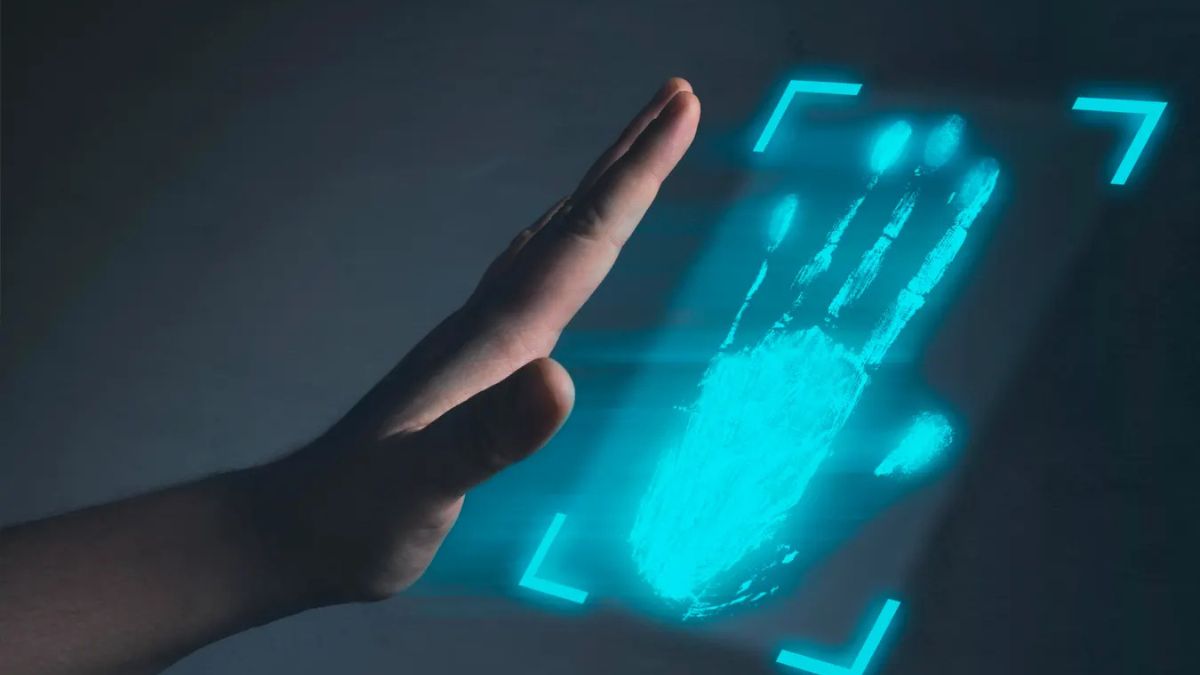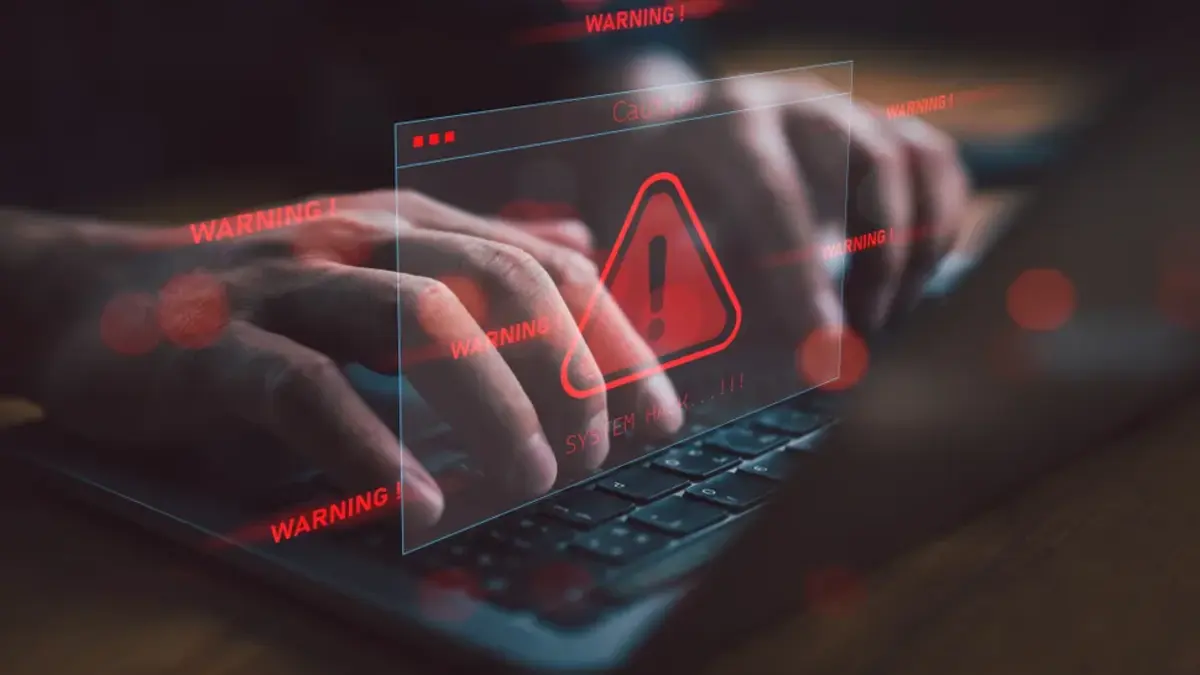Samsung is working on a new way to unlock smartphones using palm print recognition. This technology could be more secure than current methods like fingerprint or face scanning.
Many people use PIN codes or passwords to unlock their phones. But PINs and passwords can be weak or easy to guess. Biometrics like fingerprints and face recognition are easier to use but are not perfect. Hackers have found ways to trick fingerprint and face scanners, though such attacks are rare for most users.
Samsung recently filed a European patent for a palm print recognition system for smartphones. The system would use the phone’s camera and special processors to scan at least three feature points on the palm. It also measures the rotation angles of the hand to improve accuracy.
Palm recognition is seen as more secure than fingerprint scanning because it covers a larger area of the hand and scans vein patterns beneath the skin, which are much harder to fake than fingerprints or faces.
This new technology might appear in future Galaxy smartphones. Samsung has not yet shared details about when it will launch.












Leave a comment